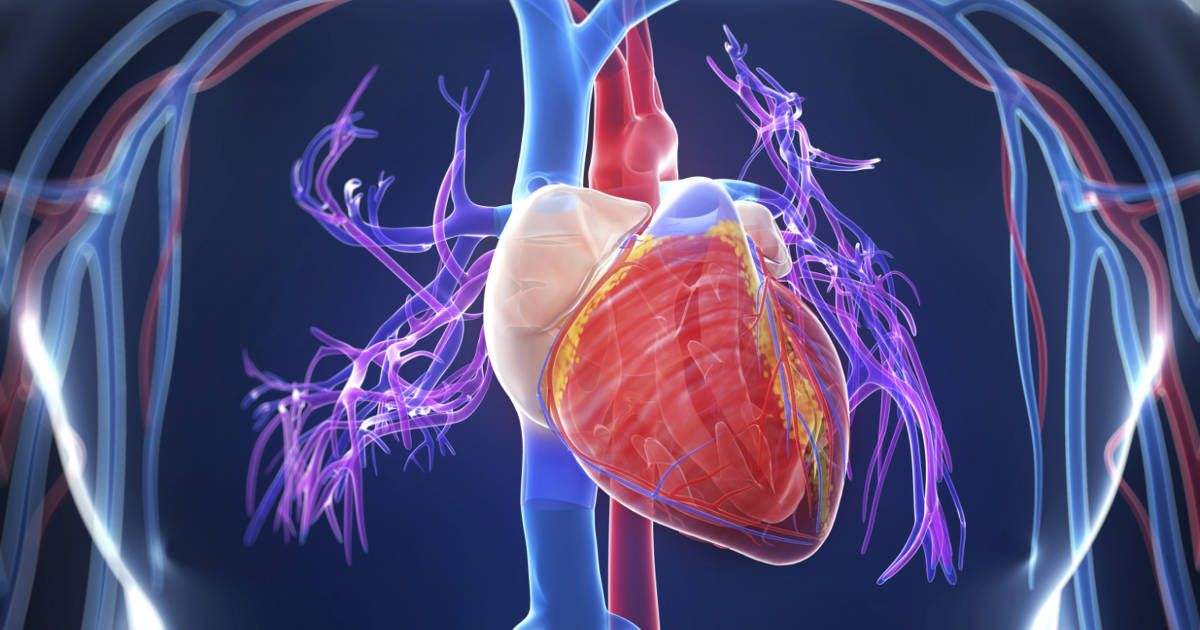Risk Factors For Premature Atrial Contractions
High Blood Pressure

High blood pressure (hypertension) will put any individual at a higher risk of developing numerous life-threatening diseases and conditions. Elevated blood pressure is especially hard on the heart muscle, as it forces the muscle to work much harder than normal to properly pump blood throughout the body. This can cause dangerous cardiomyopathies to form where the left ventricle walls stiffen and thicken to the point where it limits the ability of the left ventricle to correctly pump blood. In addition, hypertension can result in the development of coronary artery disease which is also associated with frequent premature atrial contractions. When the blood flow within the heart is interfered with by cardiomyopathy, clogged artery, or failure of the muscle, the heart rhythm can regularly get thrown off its normal electrical path and arrhythmias like premature atrial contractions occur. Before any of these dangerous heart complications develop as a result of high blood pressure, the general overstimulation of the heart due to hypertension alone can cause frequent premature atrial contractions.
Learn more about what increases an individual's risk of premature atrial contractions now.
Coronary Heart Disease

When the blood vessels responsible for supplying oxygenated blood to operate the heart muscle become narrowed and clogged, it is called coronary heart disease. The coronary arteries that get narrowed and blocked exist on the heart's surface and do not refer to the arteries the heart uses to pump blood to the other body parts. When the coronary arteries are restricting adequate blood flow to the heart muscle tissues themselves, those tissues do not receive the proper amount of oxygen to function normally. This causes the electrical pathway and patterns of the impulses that regulate the heartbeat to get interrupted or even stop altogether. It is the oxygen shortage induced interference that will frequently cause a number of arrhythmias to occur, including premature atrial contractions. Efforts to treat coronary artery disease symptoms with medication, lifestyle changes, or surgery can help reduce the occurrence of premature atrial contractions and other types of cardiac arrhythmias, though there is no actual cure. Therefore, individuals who have coronary heart disease will always have an increased risk of experiencing premature atrial contractions.
Understand more risk factors for premature atrial contractions now.
